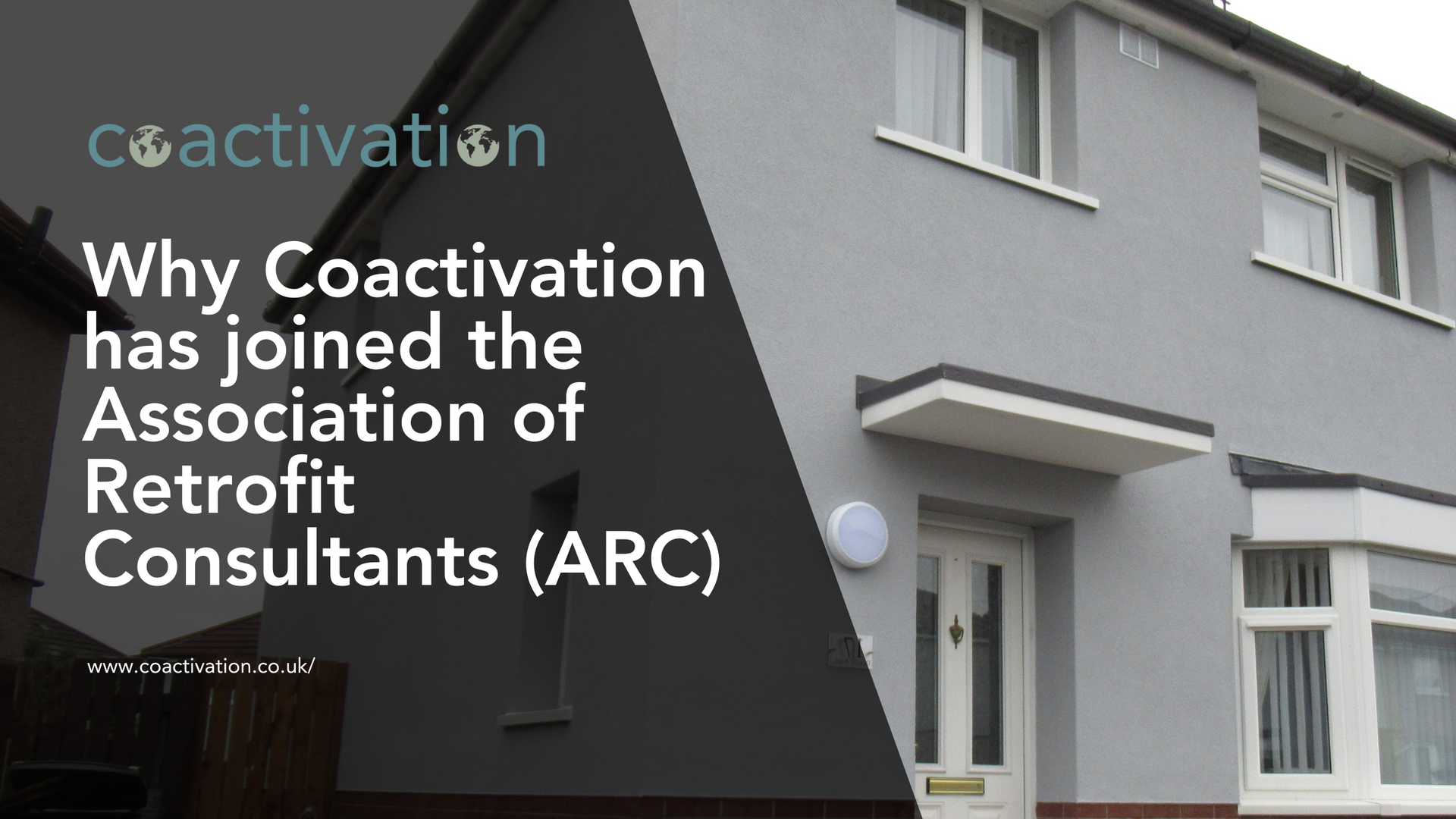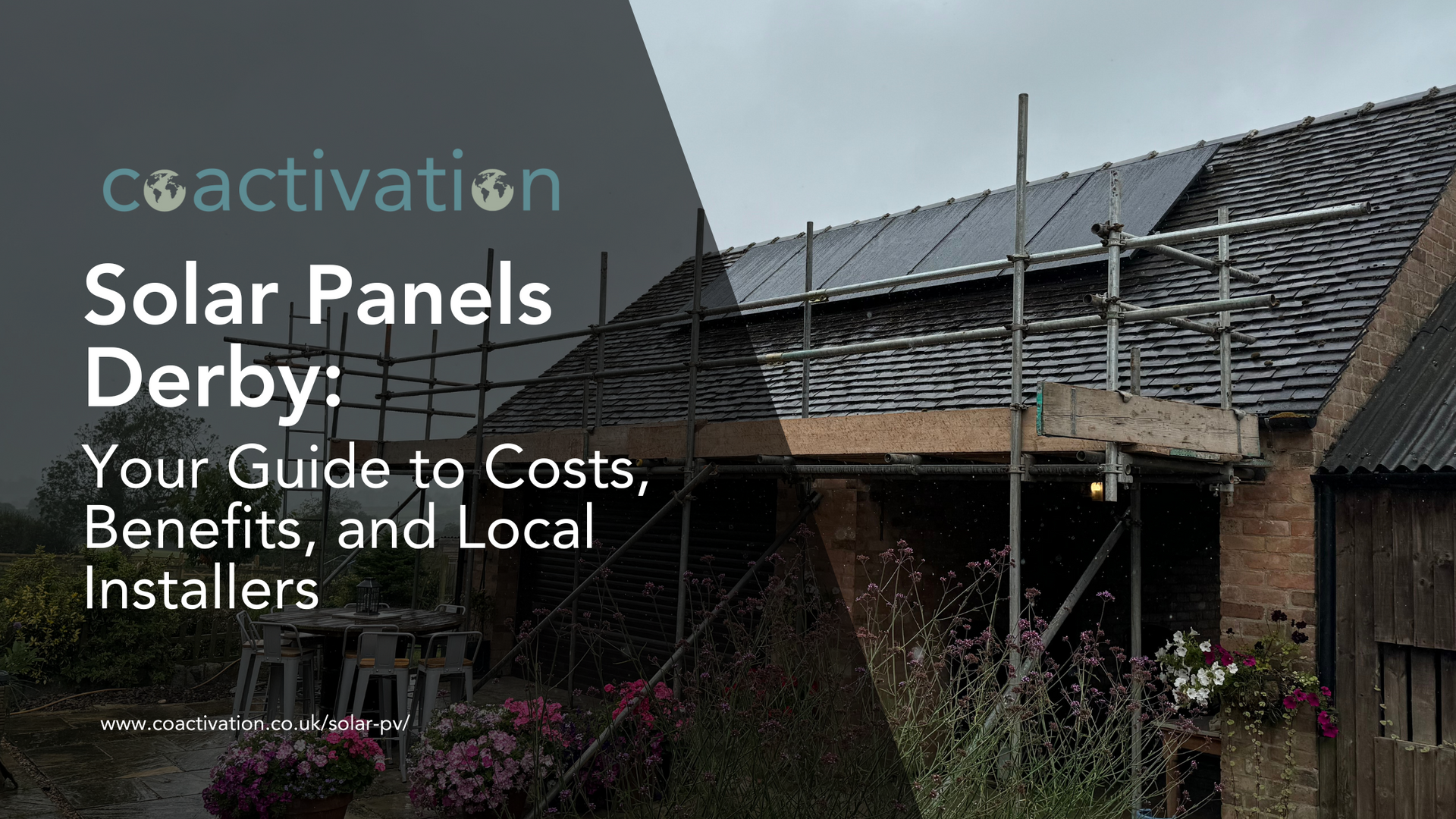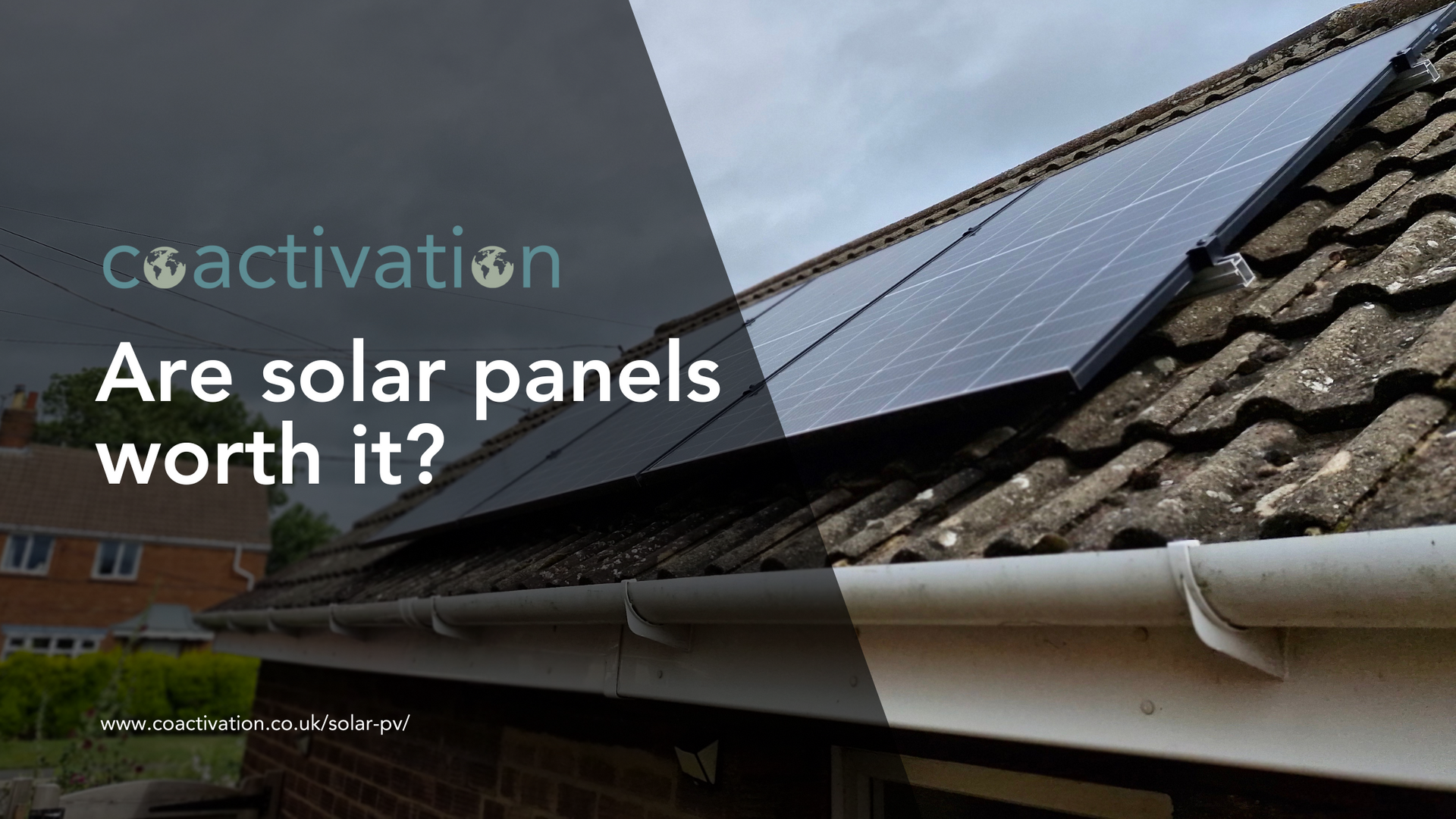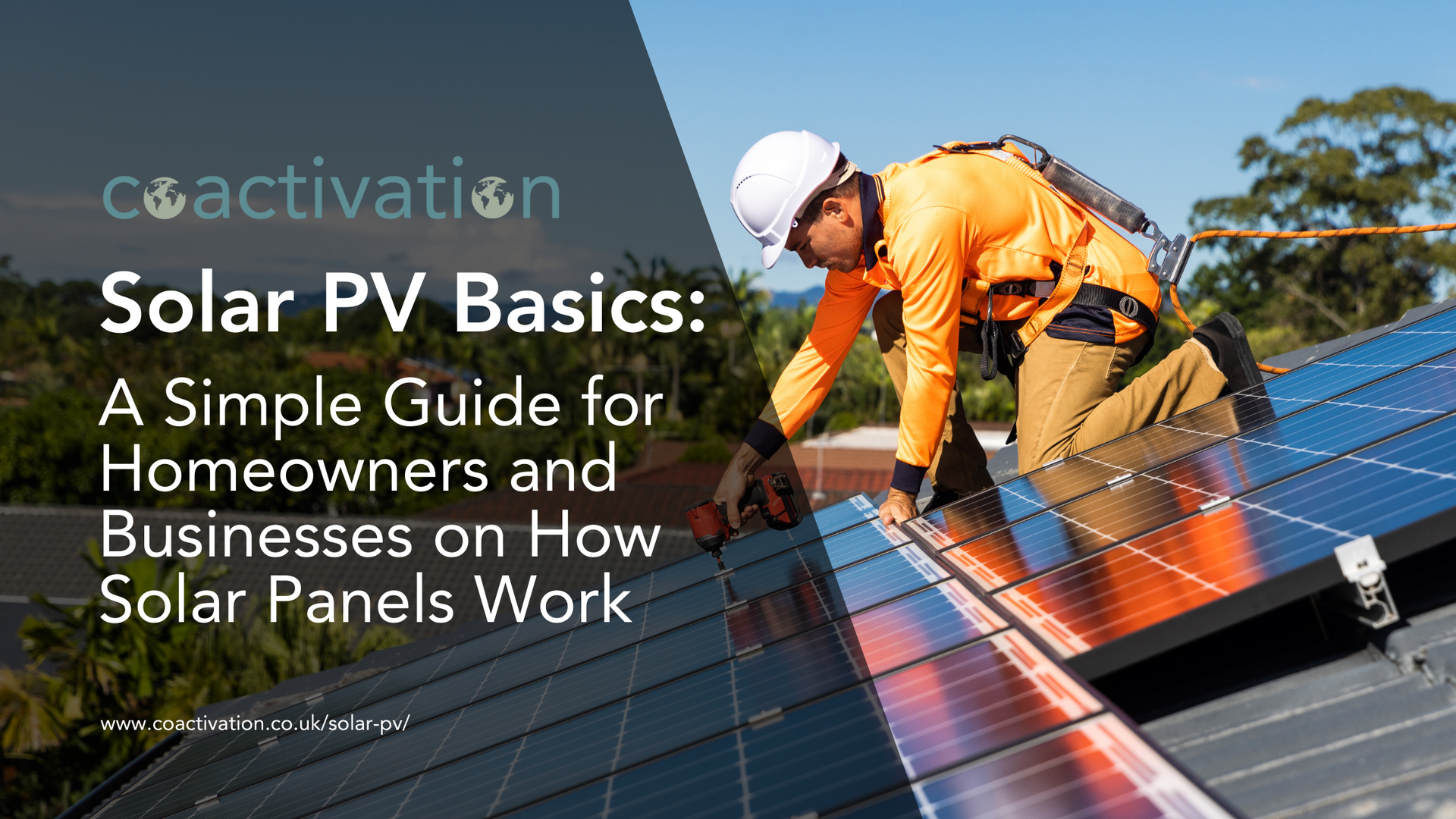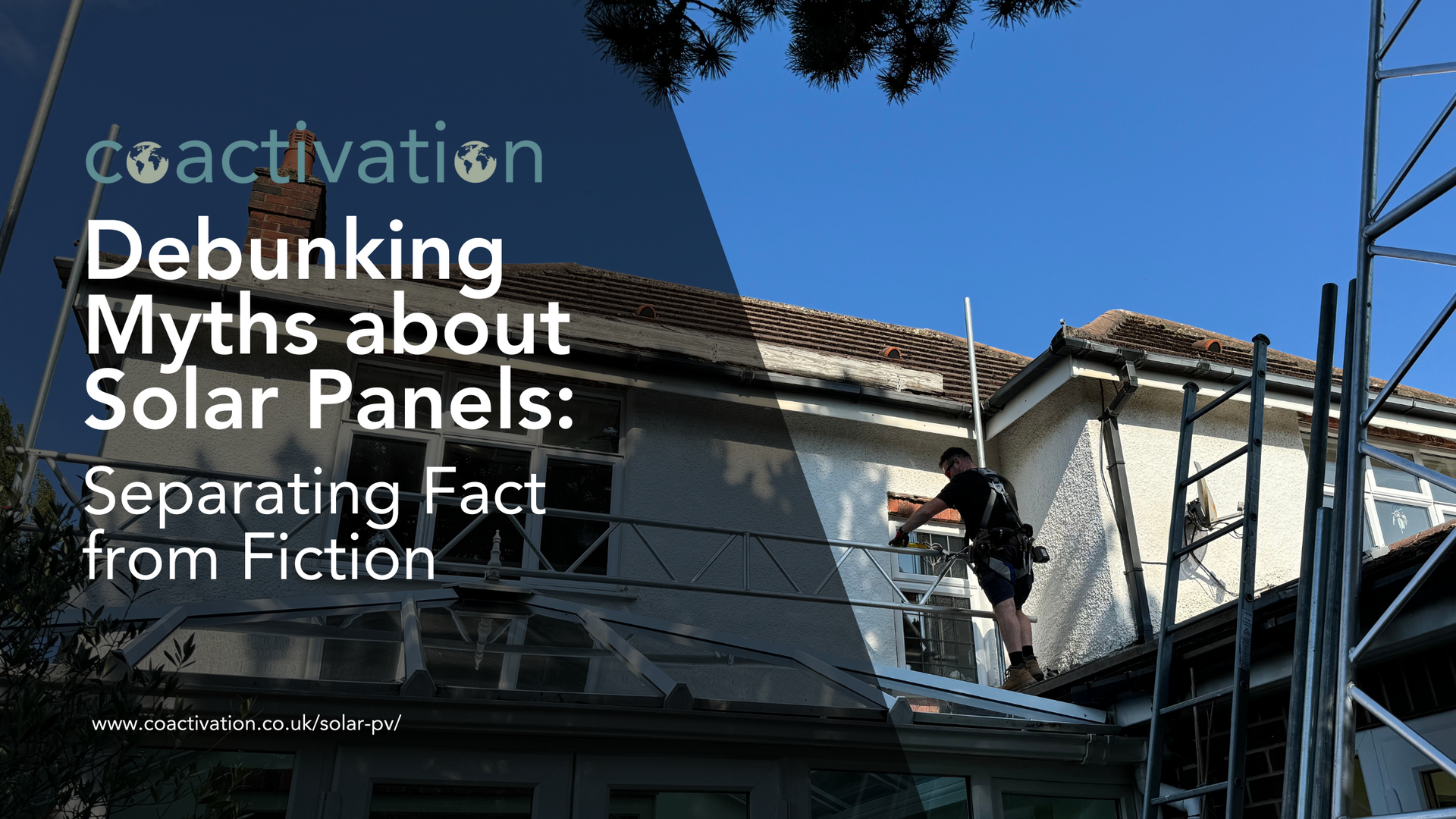
Solar Panel Efficiency and Performance
Solar Panel Efficiency and Performance
Solar energy has become increasingly popular in the UK, with more homeowners and businesses opting to harness the power of the sun. Yet, despite its growing popularity, many myths and misconceptions still prevent people from making the switch to solar. In this article, we’ll debunk the biggest solar panel myths, providing you with the facts you need to make informed decisions about going solar and reducing your carbon footprint.

Solar Panels Can Work in Various Weather Conditions
Modern solar photovoltaic panels are also robust and are designed to withstand various weather conditions. Many people believe that rooftop solar panels can only work in bright sunlight and sunny climates, which let's face it, isn't always the case in the UK! Solar technology means that solar panels generate electricity even on overcast and cloudy days. The reason for this is that solar panels work as a result of solar radiation, not direct sunlight.
Solar panels can also work in cold temperatures, for example during the winter months here in the UK. Contrary to common solar myths, solar panels use sunlight and solar radiation to generate electricity, not warmth. This means that solar panels efficiently produce electricity even during cooler temperatures. Further, modern solar photovoltaic technology means that the cooler climate in the UK can actually help improve panel efficiency, as high heat can reduce the performance of solar cells.
In contrast, when the weather is gloriously sunny and warm, solar cell efficiency can be slightly reduced. But don't worry, there is no point where panels in a solar installation stop working at a particular temperature! Plus, with smart energy storage solutions like solar batteries, excess energy generated during hot summer days can be stored for use at other times.
Solar Panels in Shaded Areas
While solar panels are work best in direct sunlight, they can still generate electricity in shaded areas too, so speak to our installation team for expert advice on how best to maximise energy efficiency for your home or business.

Solar Panels are More Affordable and Accessible Than Ever
While it’s true that the initial cost of installing solar panels can be significant, this myth overlooks the long-term savings and financial incentives available. Having solar panels installed can lead to significant reductions in electricity bills and the potential for energy credits through net metering. The cost of solar PV systems has decreased significantly over the past decade, making them far more affordable for homeowners and businesses. Additionally, government initiatives like the Smart Export Guarantee (SEG)allow you to earn money by selling excess electricity back to the grid, helping to offset installation costs and making solar an even smarter financial investment over time.
The Cost of Solar Panels is Decreasing
The price of solar panels has dropped significantly over the years. This is thanks to advances in technology, making them more efficient and affordable. In the UK, government incentives and tax credits have also made solar energy more accessible to homeowners and businesses.
Solar Panels Can Save You Money on Energy Bills
By installing solar panels, you can save a considerable amount of money on your energy bills over time. The electricity generated by your solar system reduces the amount you need to buy from the grid, cutting your monthly costs.

Solar Panels Can Increase Your Home’s Value
Having solar panels can make your property more attractive to buyers. Buyers are drawn to the idea of lower energy bills and a more sustainable home.
Solar Panels Produce a Return On Investment
Solar panels don’t just save you money—they offer a solid return on investment. For most homes, the payback period (the time it takes to recover the initial cost through savings) is typically between 4-8 years. After that, you’ll continue to benefit from free, sustainably sourced electricity.
Installing Solar Panels
Installing solar panels for a domestic property is a relatively straightforward process that typically takes the best part of a day, depending on the size of the system and the complexity of the roof. Solar panels can be installed on most types of roofs, including those with multiple angles and orientations, making them a versatile option for many homes and businesses. The production of solar panels involves various materials like glass, aluminium, and silicon, and advancements in efficiency have reduced the energy required to produce solar panels.
Solar Panel Maintenance
Once installed, solar panels require minimal maintenance due to their lack of moving parts. The materials used in solar panels are highly durable, designed to last for decades without constant maintenance. In addition to the panels themselves, a complete solar energy system includes an inverter and mounting hardware and can be integrated with energy storage systems like batteries. This allows homeowners to store excess energy, providing greater energy independence and reducing reliance on the grid.
Installing Solar Panels is a Straightforward Process
Installing solar panels can be completed in a few steps. The first step is to assess your energy needs and determine the size of the solar panel system required for your home or business. This involves evaluating your energy usage patterns, roof size, and any other requirements relevant to your home.
Once you have determined the general size of the system you need, the next step is to choose a reputable solar panel installation company. Look for a company that has experience installing solar panels in your area and has a good reputation for quality workmanship.
The installation process typically can be completed in a single day, depending on the size of the system. The solar panels are mounted on your roof, and the inverter and other electrical components are installed. The system is then connected to the grid, if that’s part of your plan, and you can start generating your own clean energy.
It’s essential to note that installing solar panels requires specialised knowledge and equipment. It’s not a DIY project, and it’s recommended to hire a professional solar panel installation company to ensure a safe and efficient installation.

Solar Power and the Environment
Solar Power is a Clean and Sustainable Energy Source
Solar power is one of the most reliable and environmentally friendly sources of renewable energy available today. Unlike fossil fuels, which are finite and produce harmful emissions, solar power harnesses energy from the sun, a resource that is both abundant and free. By switching to solar, we can significantly reduce our dependence on non-renewable energy sources, helping to create a more sustainable future.
One of the biggest environmental benefits of solar power is its ability to reduce greenhouse gas emissions. Traditional energy generation relies heavily on burning fossil fuels like coal and natural gas, which release carbon dioxide and other harmful gases into the atmosphere. These emissions are a leading cause of climate change. By generating electricity from solar panels, we can cut down on these emissions, playing a vital role in the fight against global warming.
Solar power also helps conserve water, a crucial but often overlooked benefit. Conventional power plants, especially those powered by coal and nuclear energy, require vast amounts of water for cooling. Solar panels, on the other hand, use no water to generate electricity. By reducing water consumption, solar power supports water conservation efforts, which is especially important in areas facing water scarcity.
In addition to reducing carbon emissions and conserving water, solar power helps cut down air pollution. The burning of fossil fuels releases not only greenhouse gases but also pollutants like sulphur dioxide, nitrogen oxides, and particulate matter, which can lead to health issues such as asthma and respiratory illnesses. Solar energy produces no air pollutants, making it a cleaner, healthier alternative for generating electricity.
Finally, solar power promotes energy independence. By generating your own electricity, you can reduce your reliance on the national grid and protect yourself from fluctuating energy prices. Whether you're a homeowner or a business, investing in solar panels provides a stable and self-sufficient energy source, allowing you to take control of your energy needs while contributing to a greener planet.

Solar Panel Systems and Energy Storage
Solar Panel Systems Can Provide Energy Independence
Solar panel systems offer a unique opportunity for homeowners and businesses to gain energy independence. By generating your own electricity from the sun, you can significantly reduce your reliance on the national grid and even eliminate it entirely in some cases. This independence not only allows you to take control of your energy needs but also shields you from fluctuating energy prices, giving you greater financial stability in the long run.
Pairing solar panel systems with energy storage solutions, such as batteries, takes energy independence to the next level. With energy storage, excess electricity generated during the day can be stored and used when the sun isn’t shining, like during the evening or on cloudy days. This ensures that you can rely on your solar energy even when production is low, making your system more efficient and reducing the need to draw power from the grid.
In addition to providing everyday energy needs, solar panel systems can offer a reliable backup power source during outages. When storms or other emergencies cause grid failures, solar panels equipped with battery storage can keep the lights on without needing noisy, expensive generators. This peace of mind is especially valuable for homes and businesses in areas prone to power cuts.
Another advantage of modern solar systems is the ability to monitor and control them remotely. With user-friendly apps, you can track your energy production, consumption, and storage in real-time from anywhere. This transparency allows you to optimise your energy usage and ensure your system is performing at its best, all from the convenience of your smartphone or tablet.
Solar panel systems are highly versatile and can be tailored to meet a wide range of energy needs. Whether you're looking to power a small home, a large commercial building, or even an off-grid property, solar panels can be customised to fit your requirements. With the right design, you can ensure that your system delivers the right amount of energy while maximising efficiency and savings.
In addition to gaining energy independence, solar panel systems offer the potential to sell excess energy back to the grid, creating an additional income stream for homeowners and businesses. In the UK, the Smart Export Guarantee (SEG) scheme allows those with solar panel systems to sell any surplus electricity they generate back to their energy supplier. This means when your system produces more energy than you use—particularly during sunnier days—this excess can be exported to the grid, and you'll be paid for it.
Many energy companies offer competitive tariffs under the SEG, making it an attractive option to further offset the cost of your solar installation. Not only does this reduce your reliance on the grid, but it also allows you to contribute clean, renewable energy to the wider community while earning money in the process.

Solar Panel Recycling and Disposal
One of the lesser-known benefits of solar panels is that they can be recycled, helping to reduce waste and minimise their environmental impact. As solar energy continues to grow in popularity, it’s important to understand that, even at the end of their lifespan, solar panels don’t have to end up in landfills. Instead, they can be broken down and repurposed, contributing to a more sustainable energy cycle.
Solar panels are made from materials that are highly recyclable. The aluminium frames, for instance, are easily recycled and can be used to create new products. The glass that covers the panels is also recyclable, making up a significant portion of the panel’s material. These components can be efficiently processed and reused, reducing the demand for new raw materials, and decreasing the environmental footprint of solar manufacturing.
What’s even more exciting is that recycled solar panels can be used to produce new ones. By recycling the silicon, aluminium, and other key materials found in solar panels, manufacturers can create new panels without needing to extract as many raw resources. This recycling process not only supports the circular economy but also helps lower the costs of future solar production.
Beyond creating new solar panels, the recycled materials can be repurposed into a wide variety of other products. For example, aluminium from solar panel frames can be used to make items like cans, while recycled glass can be turned into new glass bottles or other products. This ability to recycle components for different industries makes solar panels a valuable resource even after they’ve completed their energy-producing life.
Finally, solar panels can be disposed of responsibly to ensure they don’t contribute to environmental harm. Recycling programmes and specialised facilities are available to handle the proper disposal of panels, ensuring that hazardous materials are contained, and recyclable components are recovered. By choosing to recycle, you help make solar energy an even more sustainable and eco-friendly option for the future.
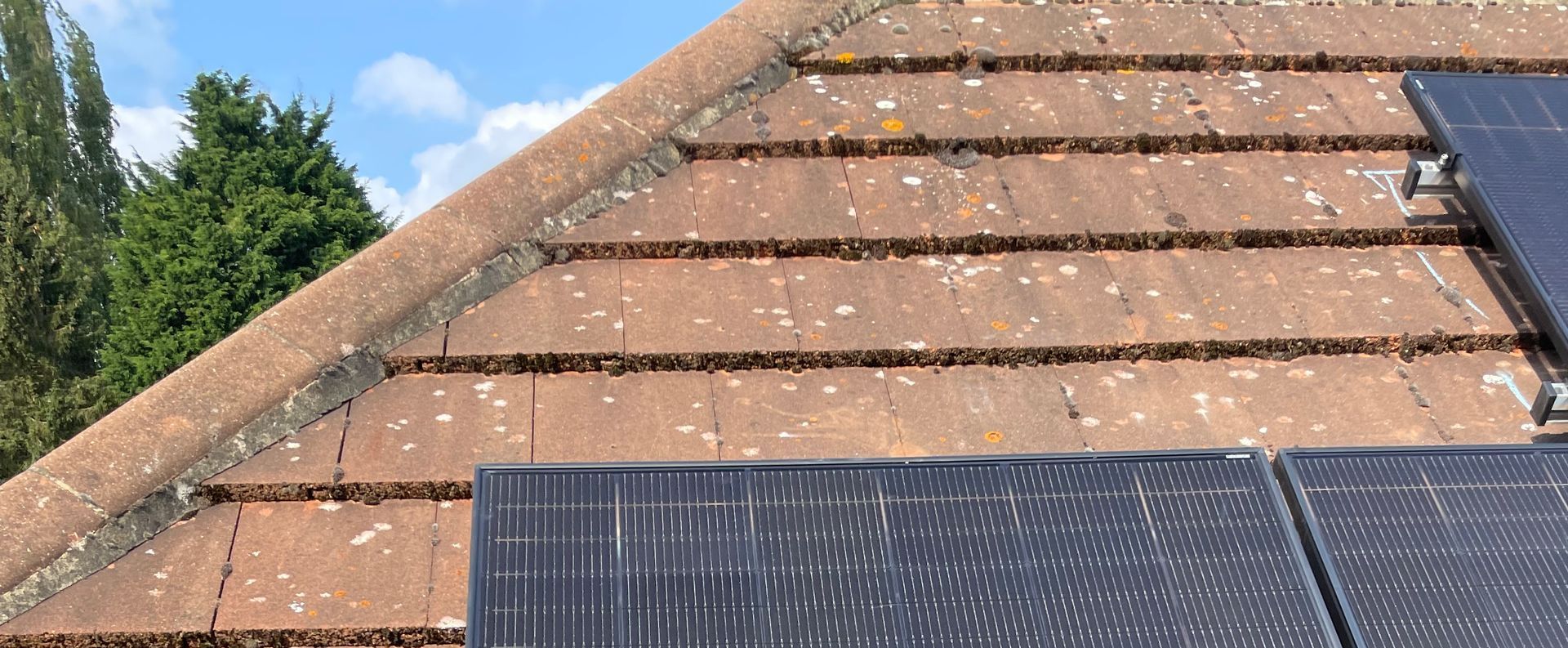
Solar Panels Can Be Recycled
Solar panels can be recycled, and it’s an essential aspect of the solar industry’s commitment to sustainability. Most solar panels are made from recyclable materials, such as silicon, aluminium, and glass. These materials can be recovered and reused to produce new solar panels, reducing the need for raw materials, and minimising waste.
The recycling process for solar panels involves several steps, including disassembly, sorting, and processing. The panels are disassembled, and the individual components, such as the solar cells, frames, and wiring, are sorted and processed separately.
The solar cells are typically made from silicon, which can be recycled and reused to produce new solar cells. The frames and other metal components are made from aluminium, which can be melted down and reused to produce new aluminium products.
The glass components, such as the cover glass and backsheet, can be recycled and reused to produce new glass products.
Recycling solar panels not only reduces waste but also helps to conserve natural resources and reduce the environmental impact of the solar industry. As the demand for solar energy continues to grow, the importance of recycling solar panels will become increasingly important.
It’s worth noting that some solar panel manufacturers are already offering recycling programs for their products. These programs allow homeowners and businesses to recycle their old solar panels and receive a discount on new panels.
Overall, recycling solar panels is an essential aspect of the solar industry’s commitment to sustainability, and it’s an area that will continue to evolve and improve in the coming years.
Ready to separate solar facts from fiction? Don’t let myths hold you back from investing in a clean, cost-effective energy solution for your home or business. Get in touch with us today for a free consultation and see how solar can work for you.



